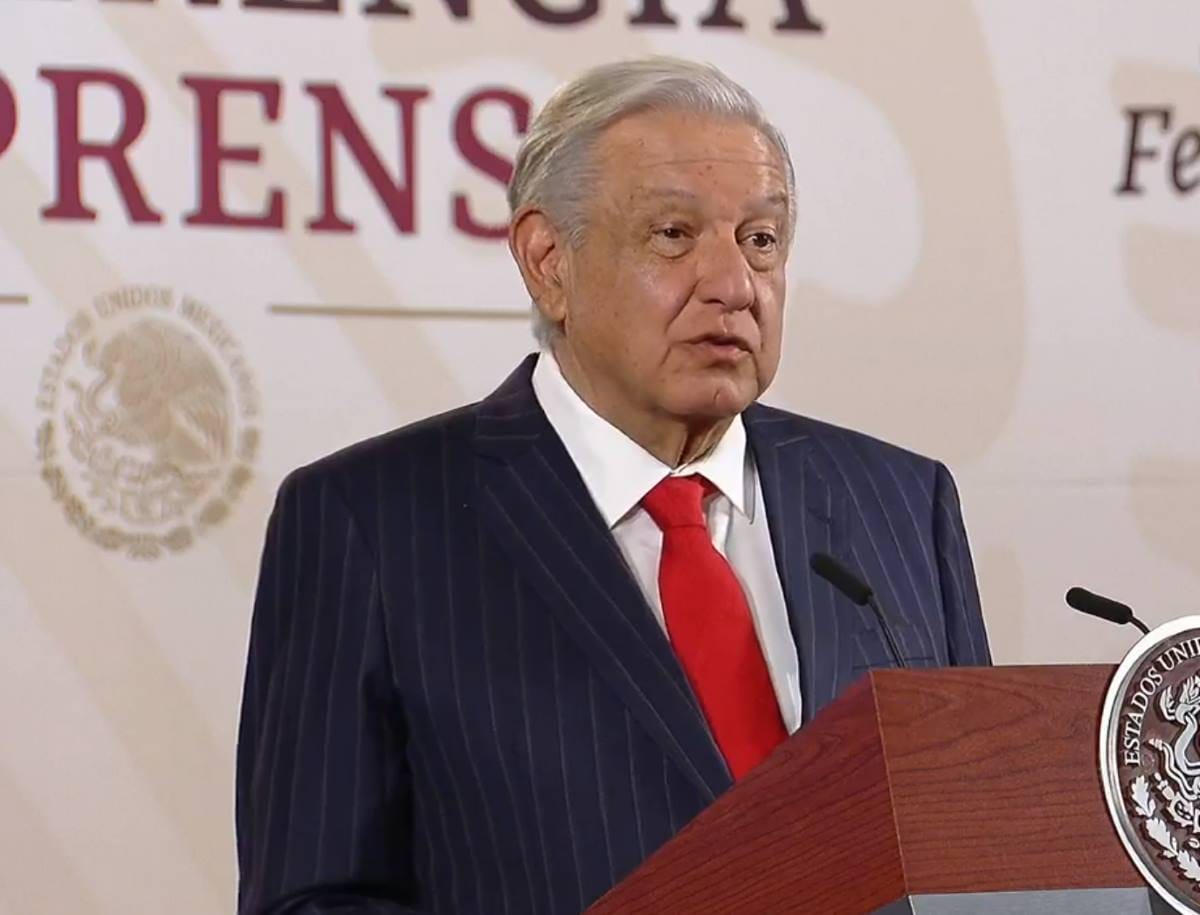Inside Mexico's Morning Conference with President AMLO
AMLO's press conferences blend policy updates with attacks on critics. His “Who's Who in the Lies” segment aims to debunk unfavorable media, but often raises more questions about government transparency.

The National Palace thrums with a peculiar sort of tension during President Andrés Manuel López Obrador's renowned press conferences. It’s not the standard back and forth between the powerful and the fourth estate; rather, it's a carefully orchestrated, and perhaps surreal, ritual where the lines between fact, fiction, and state-sanctioned narrative blur.
At the center of this drama is a figure who's rapidly become both a national fascination and a flashpoint for controversy: Ana Elizabeth García Vilchis. Ms. Vilchis heads up the “Who’s Who in the Lies of the Week” segment, a platform where the AMLO administration attempts to publicly refute and discredit media reports it deems inconvenient.




